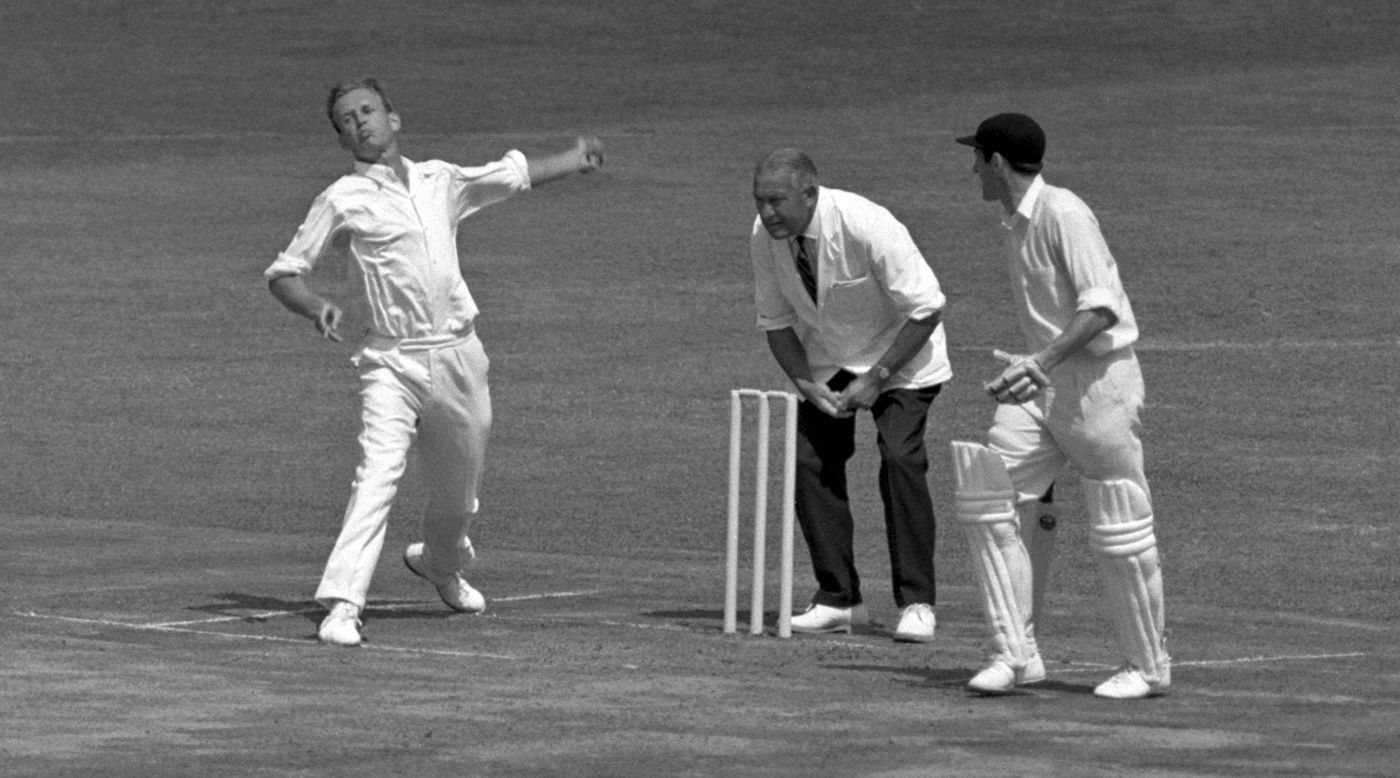
INDIA has a population of over a billion, a thriving economy, a respected voice, a powerful military and an ancient civilisation. Its scientists have put a satellite into orbit around Mars.
So how does it proclaim its position in the world? By detaining a pigeon allegedly carrying a warning note to Prime Minister Modi. And for good measure, it has expelled a Pakistan High Commission staffer, Mahmood Akhtar, for espionage.
According to The Hindu, Akhtar had recruited two Indians to spy for Pakistan. One of them is Maulana Ramzan Khan, a preacher entrusted with the maintenance of a village mosque. The other is Subhash Jangir, the owner of a small grocery. So clearly no James Bond, either one of them.
The truth is that despite its rapid progress and its size, India is a deeply insecure country. While my columns critical of Pakistan have been met with praise and approval from Indian readers, I have been flooded with furious emails whenever I have said anything negative about their country.
It is almost as though Pakistani journalists were not permitted to talk about their neighbour. And not just Pakistanis: a few years ago, I met the Economist correspondent based in New Delhi who was visiting Lahore to cover the general elections.
Half-jokingly, I said to him that it must be a drag to be in Pakistan during the party season in Delhi. He assured me he loved to visit Pakistan because while in India, readers reviled him whenever he wrote a critical piece for his weekly. But when he wrote a negative article about Pakistan, his Pakistani readers immediately agreed with him.
About 15 years ago, I was in New Delhi, and was invited by the Times of India to speak to their editorial staff. In that informal discussion, I pointed out that despite all of Pakistan’s military interventions, a small group of us writing for the mainstream press still opposed core state policies on Afghanistan, Kashmir and the nuclear programme. The Indian media, on the other hand, were almost unanimous in rallying around the national (and nationalistic) agenda.
None of the journalists present challenged my view. However, one editorial writer pointed out that the ownership pattern of the mainstream press meant that businessmen relying on official contacts did not want to rock the boat.
But the reaction I get to negative articles from Indian readers suggests that the problem goes far deeper. Take the case of Arundhati Roy. Here is a hugely talented writer and a gutsy campaigner who has won international fame for her fiction, as well as for her reporting about the most vulnerable and persecuted segments of Indian society.
On the couple of occasions, I have cited her work in my columns, I have been inundated with emails from Indian readers denouncing her, and insisting that I had lost credibility by quoting Roy.
Clearly, her gritty exposure of the excesses committed by Indian security forces as well as by corporate groups against the marginalised has exposed a raw nerve running through the elites and the expanding middle class.
The current ban prohibiting Pakistani movie stars as well as musicians from acting and performing in India provides another example of the chauvinism that has gripped the country. True, this took place against the backdrop of the bloody attack on an army camp in Uri. But are cultural links to be forever hostage to acts of militancy?
To our shame, we retaliated by imposing a similar ban on Indian movies and TV channels. Had our leaders an ounce of common sense, they could have underlined the crassness of the Indian move by continuing with the previous laissez-faire policy. But sadly, common sense is in short supply on both sides of the border.
So why do so many Indians carry such large chips on their shoulders? Obviously, there is much to admire in the country, ranging from the vibrancy of its arts to its colourful traditions and fascinating history and geography. Then why are they so defensive about the occasional criticism? After all, they cannot hope to bask constantly in international adulation.
While I don’t have any empirical research to back me, I suspect that this touchy reaction to adverse comments derives from India’s history of domination by foreigners. Muslim invaders from Afghanistan and Central Asia ruled much of the subcontinent for the first 800 years or so. They were then displaced by the British who proceeded to govern India for the next couple of centuries.
South India, by contrast, remained largely independent of Muslim rule, and its people are much more self-confident as a result. On a visit to the region several years ago, I was repeatedly told that if it hadn’t been yoked to New Delhi, South India would have made far greater progress.
I realise I am sticking my neck out, and expect the usual flood of angry emails. But would the Indian authorities please set the poor captive pigeon free?

 On wet wickets, Derek Underwood would bowl cutters © PA Photos
On wet wickets, Derek Underwood would bowl cutters © PA Photos